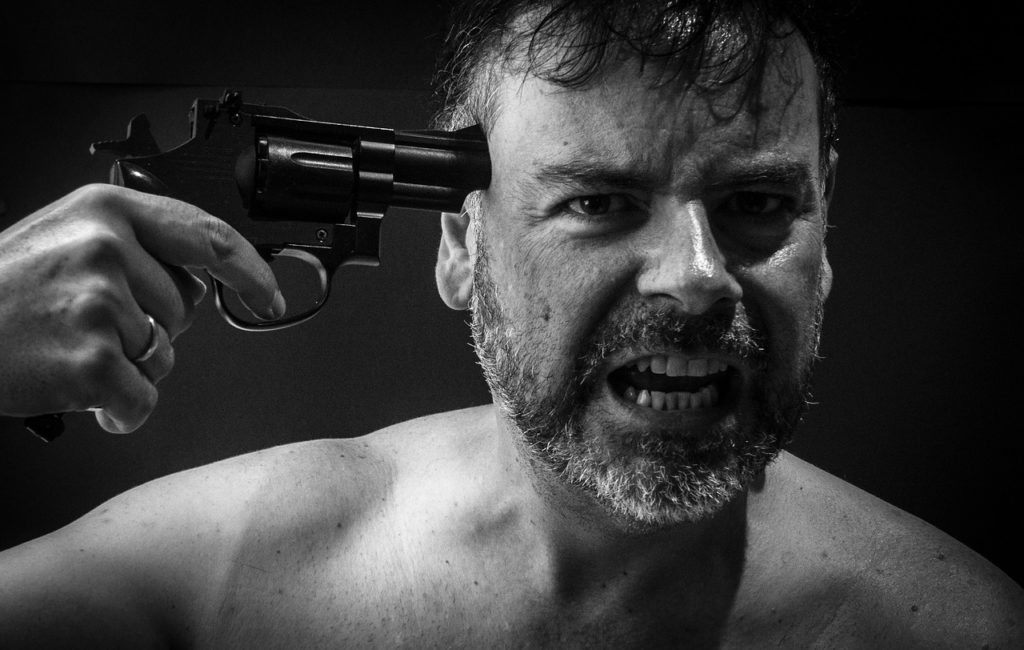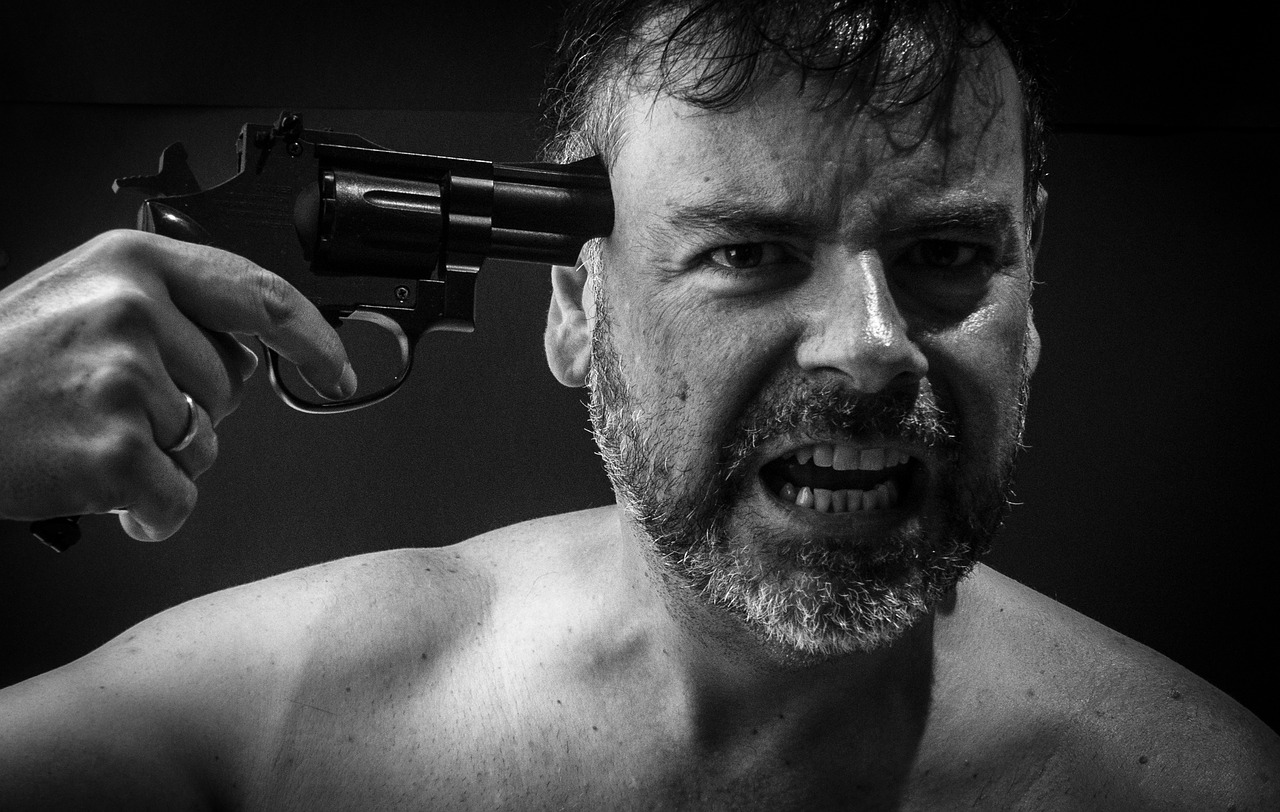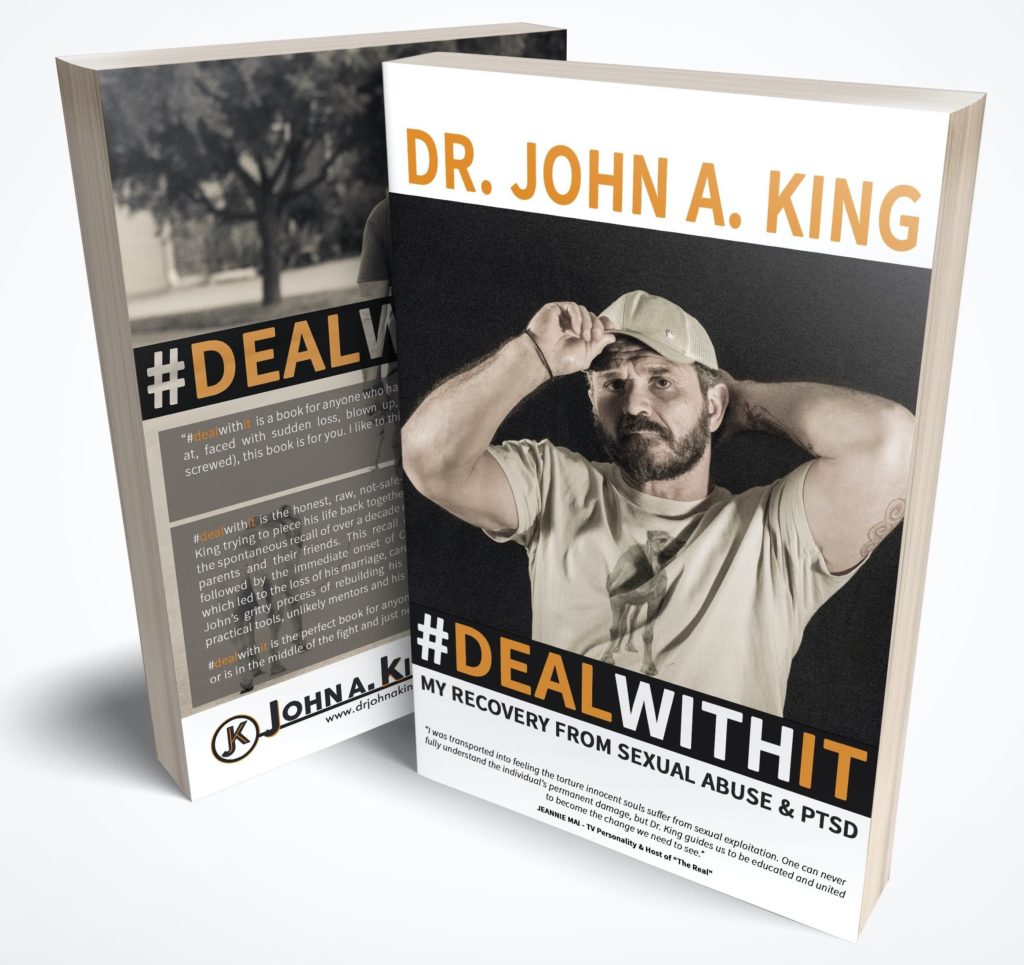PTSD and The Risk Of Suicide In Houston

PTSD and The Risk Of Suicide In Houston.
By Katarina Lindley, D.O. FACOFP
Every day we see and hear more reports of suicides whether in our military, veterans, first responders, health care workers, clergy, teens, elderly, women, men in Houston…. Do you see a pattern here? There isn’t one.

So, what is contributing to this increase in numbers? Are we reporting it more, but the number is same as always or has this number been rising for the past decade and now has reached the masses? Has the life becomes so intolerable for some that they do not see solutions to their problems? Is the society putting on unreasonable expectations on individuals to perform faster and better without the fail-safe system in place? Are we raising generations that do not have enough coping skills to deal with life and relationships?
I suspect that the current state of the affairs when it comes to increase in suicide numbers, is a mismatch of several of the things discussed above. There is no one answer fits all, because suicide affects us all. It affects male and females, all ages, and is independent of our professions. Yes, some professions are at more risks and to certain extent scientifically that is understandable, but I would like to caution us not to put anyone in a box.
Veteran population and recent data shows active military as well are at enormous risk because of too many stressors, not enough support and unreasonable expectations. So, let’s break them down. Our warriors are going into combat at young age, in some instances experience heartbreaking situations without knowing how to cope with it, at times are separated from their “tribe”, their group of brothers and sisters, their deployments are longer with shorter times in between, they have to deal with harassment whether sexual or professional in some instances and then they come home and are expected to get plugged in into “normal” life like they have never left. Could you do that?!

Let’s discuss our first responders who have a highly stressful job and live day in and day out not knowing if they will make it home that night, they see humanity at its worst, cannot talk to their family and fear they will lose their job if they discuss it at work. They often get in trouble with substance abuse as coping mechanism (and that one can be said for every subgroup) and often feel abandoned by their communities in the current political environment.
Health care workers are up there too. As a physician, I can give you first-hand knowledge about a very stressful occupation emotionally and professionally, that has been influenced more and more in the past few years with increased bureaucracy and unreasonable expectations. This and long hours away from the family, plus insufficient support networks have been contributing to health care workers abandoning the system and, in some cases, taking their own life. They are at enormous risk of developing PTSD and consequently incur the Risk of suicide right here in Houston.
Our teens, elderly, friends are under tremendous risk as well and we need to get better at recognizing signs like withdrawal, mood changes, performance changes, substance abuse, becoming isolated, sleep deprivation, increased stress, relationship issues, and others. Once recognized we need to act. We need to ask and not hide our heads in the sand because it can happen to anyone.
What can we as a society do? We need to create a discussion where mental health is not a taboo. We need to create a community where a person can ask for help without repercussions. We need to create a safety net where no one feels excluded.
Some of the practical things we can do is educating the public about suicide and risk factors, things to watch for and what to do when you or someone you know needs help. We need to create an environment where individuals feel safe to discuss this with their family and health care team. We need to create specific programs where we discuss nutrition, physical activity, contributing medical factors, over medication, substance abuse, sleep deprivation and wherewith re-integration of all these things and addition of purpose, re-evaluation of the environment and bridging of the relationships is at the forefront in combating the suicide epidemic.
We need to treat others how we want to be treated and we need to not judge what we do not know but lend a helping hand to all around us. We need to become a part of something greater than ourselves and to believe in the ultimate goodness of human nature.
You can connect with Kat on Instagram @brockdoctx
For those with a family member suffering from Post Traumatic Stress Disorder and the increased risk of suicide in Houston, we would recommend you contact a local therapist to discuss the issue as soon as possible.
For those wanting a resource focused on how to manage PTSD, we would recommend the international best selling book #dealwithit – living well with PTSD by Dr. John A. King. You will find it at www.drjohnaking.com/shop or clicking on the link provided.



